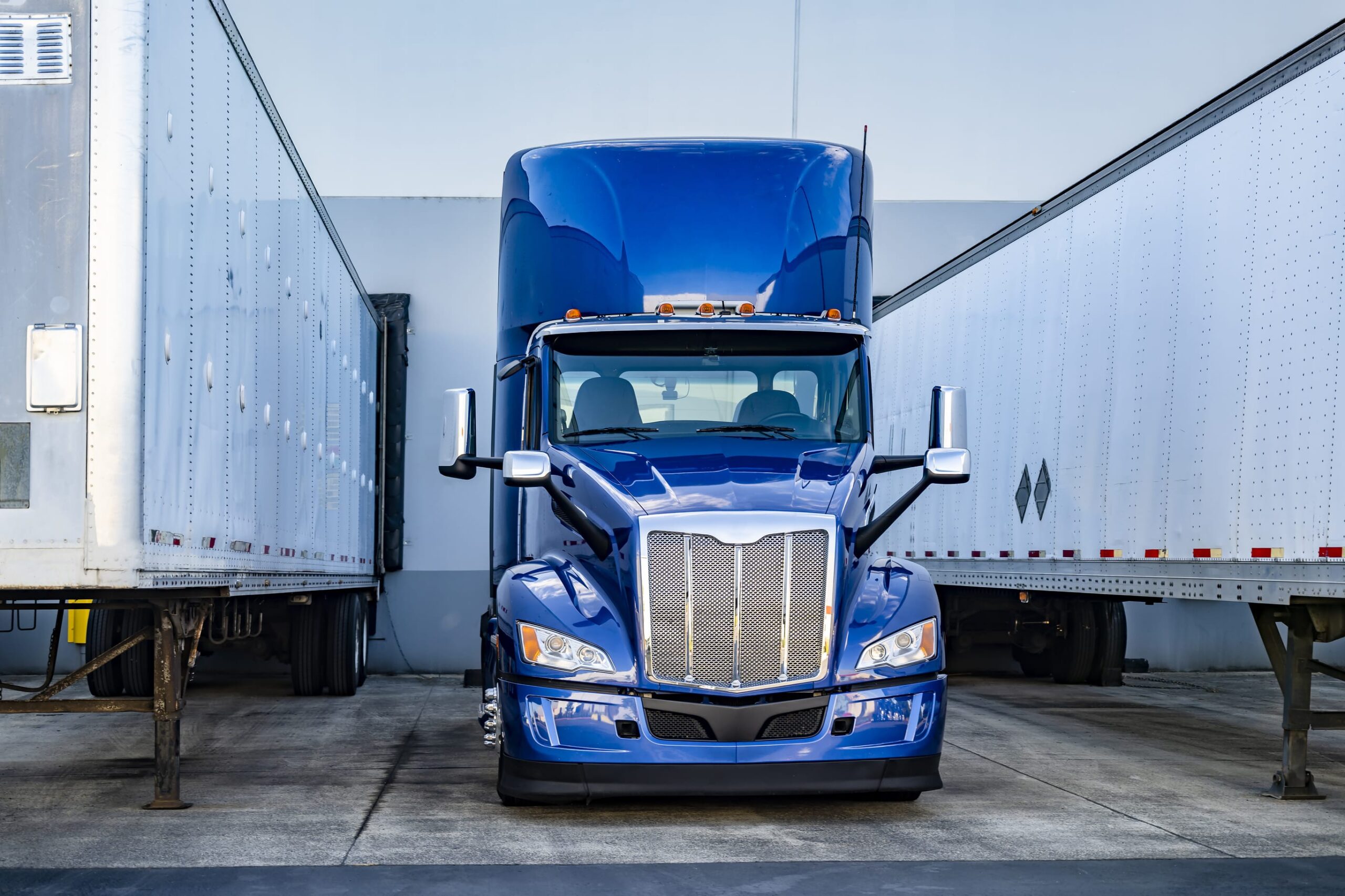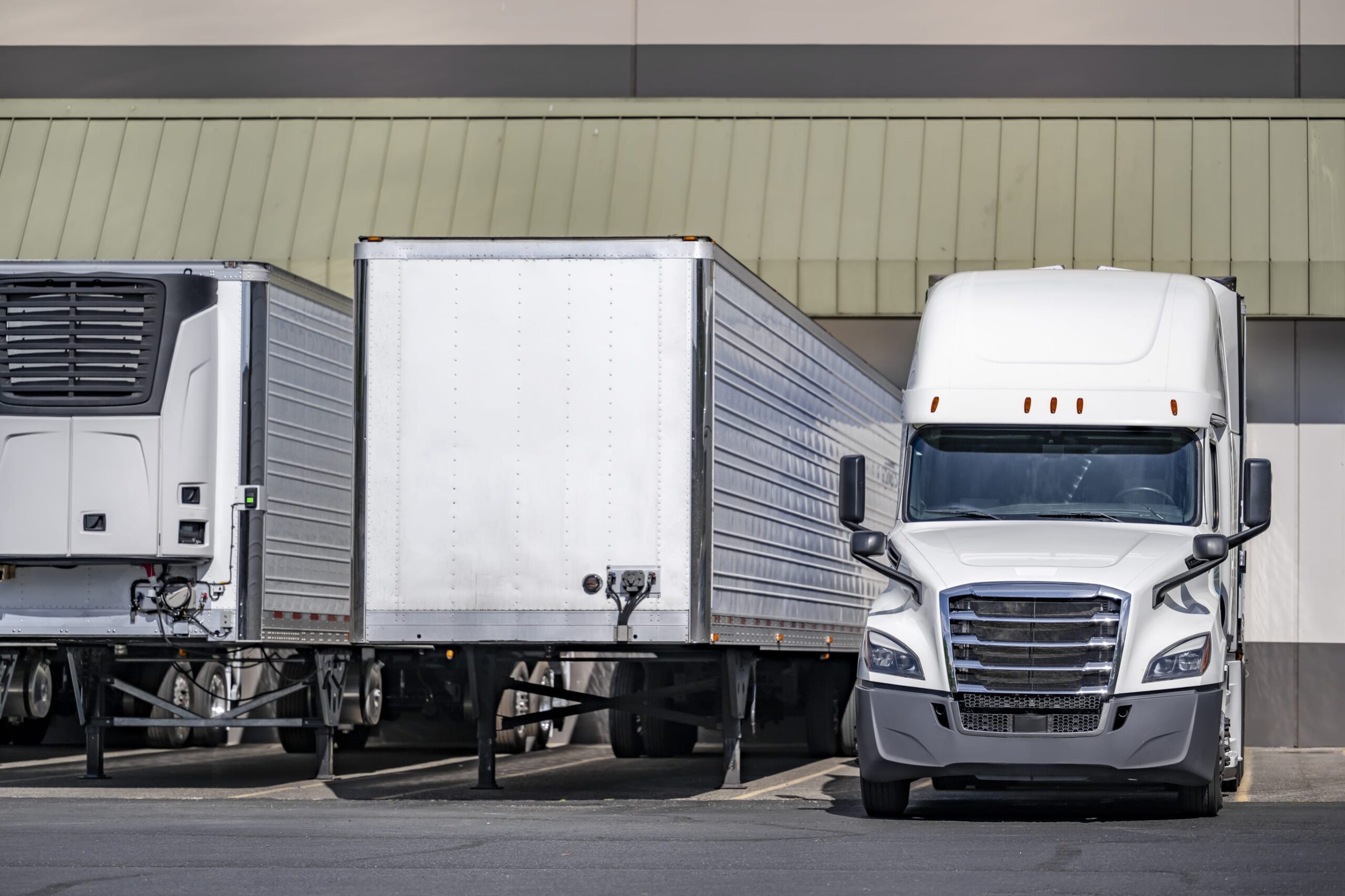Retail Transportation Services
Retail transportation services are an essential component of the retail logistics strategy, encompassing the movement of goods from distribution centers, fulfillment centers, or warehouses to the end consumer. As the retail industry continues to evolve—especially with the rise of eCommerce—effective transportation and logistics management has become even more critical. Efficient retail logistics services directly influence customer experience, customer satisfaction, and the profitability of retail businesses. With heightened competition in the marketplace, retailers are increasingly focusing on enhancing their retail supply chains and transportation strategies to meet growing consumer demand, reduce shipping and transportation costs, and optimize operations.
Retail transportation services are much more than just moving products from point A to point B. They involve a network of logistics partners and sophisticated management systems that ensure the smooth and timely delivery of products, in both inbound and outbound logistics. Whether it’s meeting the rising expectations of same-day or next-day deliveries for online orders, managing inventory levels to prevent overstocking, or ensuring sustainability in operations, logistics experts in the retail sector must stay ahead of consumer demand while optimizing costs and improving operational efficiencies.
The Importance of Retail Logistics and Supply Chain Management
Retail logistics involves the planning, execution, and control of the efficient movement and storage of goods across the entire retail supply chain. In the context of retail transportation, it plays a crucial role in connecting suppliers, manufacturers, distribution centers, fulfillment centers, and end consumers. By optimizing every step of the logistics process, retailers can achieve faster delivery times, reduced shipping costs, and an improved customer experience—key drivers of consumer satisfaction.
Efficient logistics management enables retailers to meet customer expectations regarding delivery speed, product availability, and overall service quality. With the rise of eCommerce, the dynamics of the retail supply chain have changed dramatically, placing increased pressure on transportation services to adapt to new customer demands. Consumers now expect seamless, fast, and cost-effective deliveries. Retailers need to ensure that their transportation strategies align with these expectations to stay competitive and maintain profitability.
Ecommerce and the Changing Landscape of Retail Logistics
Ecommerce has revolutionized the retail industry by providing consumers with convenient shopping options, often accompanied by free or low-cost shipping. This has put pressure on retail logistics operations to keep up with increased order volumes, higher customer expectations, and the need for faster delivery times. To meet these demands, retailers are turning to advanced technology and predictive analytics to optimize transportation routes, manage inventory levels, and forecast demand more effectively.
One of the key benefits of modern retail logistics is the ability to automate various stages of the supply chain, from order management to fulfillment. Automation in transportation management systems (TMS) allows for real-time tracking, faster decision-making, and better coordination between logistics partners. The use of such technologies enables retailers to handle large quantities of orders without sacrificing service quality, ensuring they stay competitive and deliver a superior customer experience.
Key Aspects of Retail Transportation Services

Optimizing Transportation and Logistics Services
Retail transportation requires careful planning and optimization to meet the growing demand for fast, cost-effective deliveries. Key elements of retail logistics optimization include:
Inventory Management
Effective inventory management is a foundational element of retail logistics. Managing inventory levels ensures that retailers can meet consumer demand while avoiding overstocking or understocking. Transportation services help ensure that inventory flows smoothly from suppliers to warehouses, fulfillment centers, and finally to consumers. By maintaining optimal inventory levels, retailers can prevent stockouts and reduce excess inventory, which contributes to better profitability and cost management.
Demand Forecasting
Retailers face fluctuating consumer demand, especially during peak seasons like holidays or sales events. Accurate demand forecasting allows retailers to predict sales trends, optimize inventory management, and plan transportation logistics more effectively. By leveraging predictive analytics, retailers can adjust transportation strategies to accommodate periods of high demand and avoid supply chain disruptions.
Transportation Management Systems (TMS)
A transportation management system is an essential tool for optimizing retail logistics. TMS platforms allow retailers to track shipments in real time, manage carrier relationships, and identify the most cost-effective and efficient transportation routes. With TMS, retailers can integrate all aspects of transportation, from route optimization to order tracking, into a single platform, improving visibility, decision-making, and cost control.
Sustainability
Sustainability has become a growing concern for retailers and their customers. As consumer expectations evolve, more retailers are investing in sustainable logistics solutions. Sustainable transportation services reduce carbon footprints by using energy-efficient vehicles, optimizing routes to minimize fuel consumption, and reducing packaging waste. Retailers that incorporate sustainability into their logistics operations can attract environmentally conscious customers and gain a competitive advantage.
Partnerships and Network of Carriers
Successful retail transportation relies heavily on a strong network of logistics partners, including carriers, fulfillment centers, third-party logistics (3PL) providers, and transportation management experts. These partnerships enable retailers to scale operations and respond to changing market conditions quickly.
Collaborating with reliable logistics partners allows retailers to access specialized services, such as last-mile delivery, same-day shipping, or international shipping solutions, depending on the needs of the business. By fostering strong relationships with these partners, retailers can ensure smoother operations, better delivery times, and cost savings.
Shipping Costs and Profitability
Shipping costs are a significant factor in the overall profitability of retail businesses. Retailers must balance the desire to offer fast, low-cost shipping to their customers with the need to control transportation costs. By optimizing shipping routes, leveraging economies of scale, and utilizing a variety of transportation methods, retailers can reduce shipping costs while maintaining service levels.
Another important aspect of managing transportation costs is controlling order fulfillment costs. Using efficient fulfillment and distribution processes, combined with real-time inventory management, allows retailers to reduce wasted resources, minimize shipping delays, and increase overall operational efficiency.
Meeting Customer Expectations and Enhancing Customer Experience
Retail transportation plays a critical role in shaping the customer experience. Quick delivery times, accurate order fulfillment, and consistent service quality directly impact customer satisfaction. In the highly competitive retail sector, meeting and exceeding customer expectations has become a key differentiator for retailers.
As consumers increasingly demand faster shipping, retailers must offer flexible delivery options, such as same-day or next-day delivery, and ensure that their transportation operations are prepared to handle increased volume during peak seasons. Offering transparent tracking systems, real-time updates, and reliable order management solutions enhances the customer experience and builds brand loyalty.
Conclusion
Retail transportation services are a cornerstone of successful retail logistics and supply chain management. By focusing on optimization, demand forecasting, inventory management, and strategic partnerships, retailers can streamline their operations, reduce transportation costs, and meet customer expectations. In an increasingly competitive retail landscape, those who invest in modern logistics technologies, real-time tracking systems, and sustainable practices will gain a competitive advantage and ensure long-term profitability. Ultimately, efficient retail transportation helps retailers enhance the customer experience, meet demand fluctuations, and stay agile in a fast-moving market.


